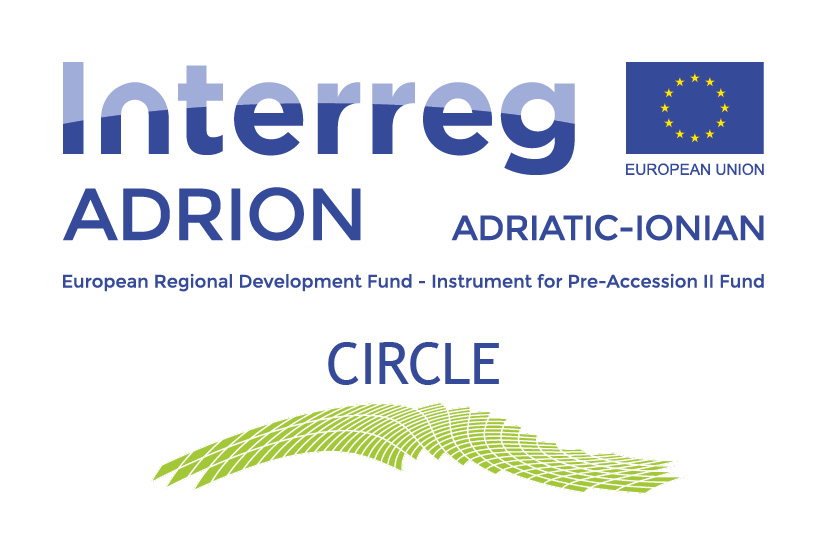
Seminar u sklopu projekta CIRCLE
U sklopu projekta CIRCLE-Inovacije i testiranje održivih rešenja cirkularne ekonomije u jadranskom području održan je seminar za studente Future na temu pojam i značaj cirkularne ekonomije.
Tim tehničke podrške je predstavio ciljeve, značaj i rezultate projekta, unapređenje upravljanja električnim i elektronskim otpadom kroz CIRCLab uspostavljen u Srbiji, lokalnu pilot akciju koju je realizovao projektni partner – Regionalni centar za društveno-ekonomski razvoj – Banat.
U sklopu projekta tim Future je proveo istraživanje o tokovima elektronskog i električnog otpada kako bi se identifikovale mogućnosti industrijske simbioze, odnosno potencijali za eksploataciju ovog otpada u drugim sektorima. Projekat je rezultovao uspostavljanjem regionalnih cirkularnih laboratorija u kojima su testirani modeli cirkularne ekonomije u različitim oblastima upravljanja otpadom.
Studenti su na seminaru upoznati s konceptom cirkularne ekonomije, EU zakonodavstvom u oblasti cirkularne ekonomije, lokalnim stanjem vezano za upravljanje električnim i elektronskim otpadom, ekodizajnom proizvoda, te prednostima cirkularne ekonomije u kontekstu zaštite životne sredine.
Projekat CIRCLE je podržan od strane Interreg ADRION Programa finansiranog u okviru Evropskog regionalnog razvojnog fonda i IPA II sredstava.

Seminar within the CIRCLE project
On December 6, 2022, a seminar for PP11- Futura students was delivered by using the Teams application on the topic of concept and importance of circular economy. The seminar was organized within the project CIRCLE- Circular Innovation and Resilient City Labs in the Adrion Region.
Technical support presented the goals, importance and the project results, improvement of electrical and electronic waste management through CIRCLab established in Serbia, local pilot action implemented by the partner RDA – Banat.
As a part of the project, Futura conducted research on the flows of electronic and electrical waste in order to identify possibilities for industrial symbiosis, i.e. the potentials for exploitation of this type of waste in other sectors. The project resulted in establishment of regional circular laboratories where circular economy models in various areas of waste management were tested.
Students learned about the concept of circular economy, related EU legislation, local situation pertaining electrical and electronic waste management, ecodesign of products, and advantages of circular economy in the context of environmental protection.
The project is supported by the Interreg ADRION Programme funded under the European Regional Development Fund and IPA II funds.
[st_gallery gallery=“18274,18275″ size=“medium_large“ columns=“2″ lightbox=“yes“]
